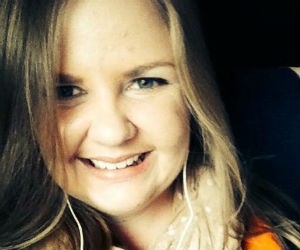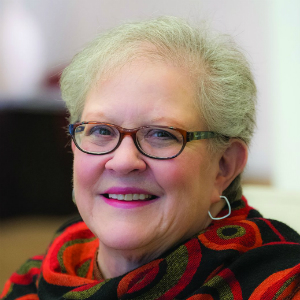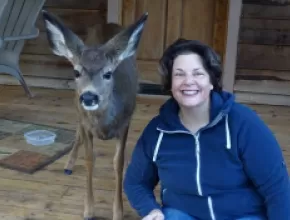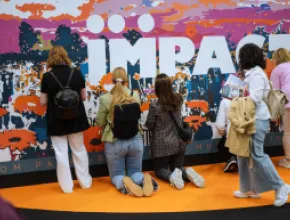In order to gain perspective of our industry’s education (formal and informal), I asked Ashley Akright, a woman I got to know when she was a student at Penn State and active in PCMA. She chose what we call the “supplier” side of the industry where, in her role in convention services, she is what I think of as the closest partner a meeting planner has in a hotel.
Ashley received her Bachelor of Science in Hotel, Restaurant and Institutional Management from Pennsylvania State University and began a career with the Gaylord Hotels as an intern in Kissimmee, Fla., at the Gaylord Palms. Upon graduation from Penn State, she began working at Gaylord National in National Harbor, Md., a suburb of Washington, D.C., as a conference coordinator. In that role, she led the on-site execution of meetings and events in a 500,000-square-foot property.
She then moved into an executive meetings manager role, planning events for groups of 10 to 300 people on-peak, transitioned then to a convention services manager [“CSM,” or as some of us call them, event service professionals!], supporting events of 300 to 2,000 on-peak. She later became the manager of conference coordinators, leading a team of 18 managers, and then the assistant director of catering, supporting eight event managers who were each responsible for supporting groups of 10 to 300 on-peak.
In July of this year, she transitioned back to where she started at the Gaylord Palms as the assistant director of catering [We’re awaiting news at press time of another promotion!].
Ashley is active as a committee chair for the Professional Convention Management Association (PCMA) and serves on the executive board for the Penn State Hotel & Restaurant Society (PSHRS). In 2014, she was honored as one of the “PCMA 20 in their Twenties” and as PSHRS’ Emerging Leader for contributions to the meetings industry. Meetings Connect magazine named Ashley a “40 Under 40 Future Leader.”
During her free time she enjoys traveling, vineyards, craft beer, cooking, trying new restaurants and any activity where her dog Abby can come along!
You can connect with Ashley at www.linkedin.com/in/akright.
Q2a. Tell us about the classes you took, both hospitality and non-hospitality.
AA: My hospitality degree focused mainly on hotel, restaurant or food service industry classes. There were a few electives outside of those disciplines, but the student-run clubs were really driving engagement and interest. I helped found a PCMA student chapter at Penn State my freshman year because I knew the meetings industry was my niche. The major also had a business class focus with computer science, accounting, marketing, organizational behavior, HR and technology disciplines all being covered as well.
I minored in Recreation, Park and Tourism Management, which provided classes around leisure studies, volunteer and nonprofit management.
Q2b. How did you decide which side of the industry would be your concentration and where you’d work? Why?
AA: I always had an interest in teaching, but struggled with what subject was my passion to teach. In my early years of high school I discovered that passion was really family and consumer sciences (the new name for home economics). I found myself in several clubs and organizations in school that involved planning and organizing events. Having worked in a restaurant from the time I looked old enough (5th grade), I also knew I loved serving other people. Later in high school, I figured out that all these items can be combined into one career within the meetings industry. I set forth in a well-rounded education of hospitality management degree but focused my work opportunities on events-driven experiences.
During college I worked as an off-site catering company intern my freshman year. My next role was as an event concierge at a conference center hotel, then promoted to conference services intern and then stayed an additional semester as executive conference services intern.
Q3a. During college, what did you think was the most important thing you learned?
AA: Work experience in the industry.
Q3b. And now, years later, what was the most important?
AA: Work experience was very important, but I wish I would have expanded my knowledge of Excel and accounting.
Q4. Now that you’ve been in the industry for a bit, what do you wish they’d taught you in school? Why?
AA: Psychology! Just kidding—but no, really, managing people is psychology. Adult education classes would have been helpful to learn how others think, learn and engage in information delivery.
Q5. What do you think classes now and in the future 3-5 years should be teaching to students (meetings and supplier studies) in hospitality?
AA: Labor relations, graphic design, Excel and Access.
Bonus Question:
BQ: What do you wish our industry would do to support formal and informal education?
AA: Value masters degrees more; there is no financial benefit to continued education after a bachelors in the hotel industry.







